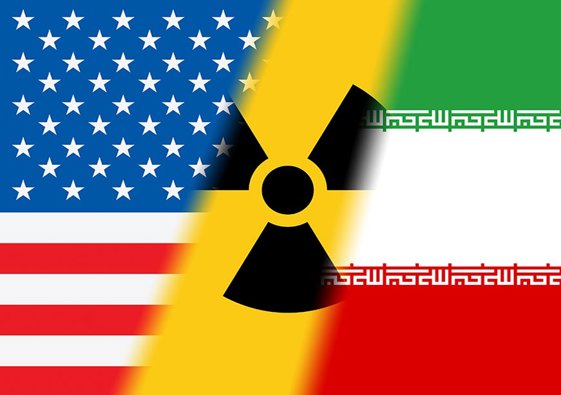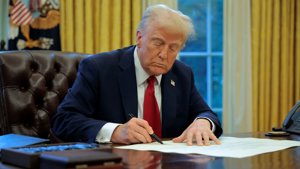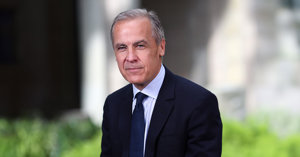
Iran: U.S. Worst Negotiating Partner
Iran’s top military leadership has strongly criticized the United States amid ongoing tensions over nuclear negotiations. Major General Mohammad Bagheri, Chief of Staff of the Iranian Armed Forces, stated on Sunday that the U.S. is "the worst negotiating partner," accusing Washington of breaking promises and lacking trustworthiness in diplomacy.
Speaking about Supreme Leader Ayatollah Ali Khamenei's message to the U.S., Bagheri clarified that Iran does not seek war. However, he warned that any hostile action would be met with the “full force of the country.” He emphasized that developing nuclear weapons is not Iran’s objective, aiming instead for peaceful engagement within defined red lines.
“We will not hold direct talks, but there is no problem with indirect talks. Iran is not closing the door to negotiations,” Bagheri noted. He also stated that Iran is not a warmonger but will not tolerate bullying or threats from other nations. Citing an anonymous senior Iranian official, Reuters reported that Ayatollah Khamenei has ordered the country's military to be placed on high alert.
In a related development, Brigadier General Alireza Sabahi-Fard, Commander of Iran’s Khatam al-Anbiya Air Defense Base, countered Western claims that Iran’s defensive capabilities had diminished. Speaking to local media, he stated that Iran’s air defenses are “more prepared than ever” and maintain a high level of combat readiness.
“The Armed Forces of the Islamic Republic of Iran, particularly the powerful Air Defense Force, are more prepared than ever and maintain a high level of combat readiness,” Sabahi-Fard emphasized. He added that Iran’s military strength will “surprise its adversaries” and that any hostile moves by enemies would “backfire on them.”
These statements come as Iran signals it remains open to indirect nuclear talks but maintains a firm military posture. The country continues to walk a strategic line between diplomacy and deterrence as tensions with the United States persist.






